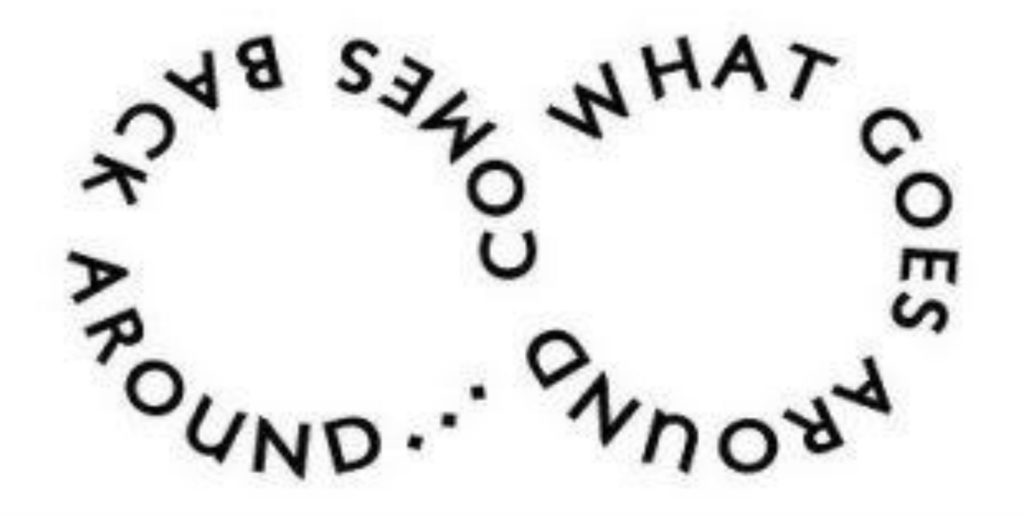By: Krishna J Patel
Karam, or karma, is the concept that our actions, whether they be good or bad, affect what happens to us later in life. Everyone has heard the saying “what comes around goes around” which is often used to explain this concept of karma. Basically, the idea is that if you do something bad then bad things will happen to you and if you do something good then good things will happen to you. However, the way karam really works is not as straight forward as it seems. Simply doing one good thing one time does not necessarily make a person good and the same applied for bad deeds. A person builds up their karam over time like a credit and debt system. Doing good things builds up credit and doing bad things builds up debt. A person may not feel the consequences of his/her actions right away either, or even in this lifetime. Our karam carries over even after we die and it determines the life that we are born into in our next lifetime. For example, a person who lives a bad life by cheating and stealing may be born into poor conditions in their next life or they might not even be born as a human again. However, a person who spends their entire life doing bhakti and seva will be born into a better life or may even get moksh. Moksh is salvation and a person who gets moksh experiences eternal and limitless happiness in Kaival Dhaam.
In the end, we all want to get moksh and the way to do that is to live a good life and build up good karam. Of course, not everyone can spend their entire lives praying, but it is important to start small like doing daily Upasana for example. Good deeds are not just limited to prayer either, being a good citizen and helping other people is important too and all of these things combined will allow a person to build up their good karam. As high school or college students some easy ways to do this are by going to mandir every Sunday, or as often as possible, and doing bhakti and seva there or by finding places to volunteer in the community.

